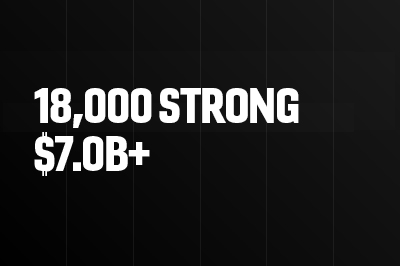- Company’s support was recognized in the 2023 FORUM Health IT Awards and the 2024 Digital Health Transformation Award
- The case management tool has become a one stop solution to CMS benefitting over 55 million Medicare beneficiaries
- The work is a mixture of operations and maintenance and future-forward enhancements
Dec 9, 2024
Peraton has been awarded the contract to support the Medicare Enrollment and Premium Billing Systems (MEPBS) for the Centers for Medicare and Medicaid Services (CMS) Office of Information Technology.
The company has been integral in helping CMS with its modernization journey to improve its quality of services to Medicare beneficiaries by migrating the MEPBS systems to the AWS Cloud. Peraton developed a case management tool, which has served as a one-stop solution for CMS users to receive, track, resolve and report on issues within a timely matter, benefitting over 55 million Medicare beneficiaries to date.
The contract will support the ongoing operations and maintenance of the Medicare Beneficiary Database (MBD) & Enrollment Data Base (EDB) and premium billing support. These systems provide CMS with a comprehensive viewpoint of individuals within the Medicare program who receive ongoing program administration, service delivery, payment coverage options, enrollment and direct billing support. Safe, reliable, and consistent systems are the backbone of an effective government, playing a pivotal role in public health.
“These systems ensure that vital services are delivered seamlessly, the needs of citizens are met quickly, and critical decisions are driven by real-time data,” said Tarik Reyes, president, Defense Mission & Health Solutions sector, Peraton. “The integrity and efficiency of these systems directly impact the quality of care received across the nation. Our team’s commitment to excellence ensures that we can adapt and thrive in an ever-changing healthcare landscape.”
The work on this contract is a combination of operations and maintenance of the production systems coupled with development, modernization, and future-forward enhancements. By maintaining robust infrastructures, government agencies can better manage resources, track public health trends, and implement policies that protect and promote the welfare of the population.





